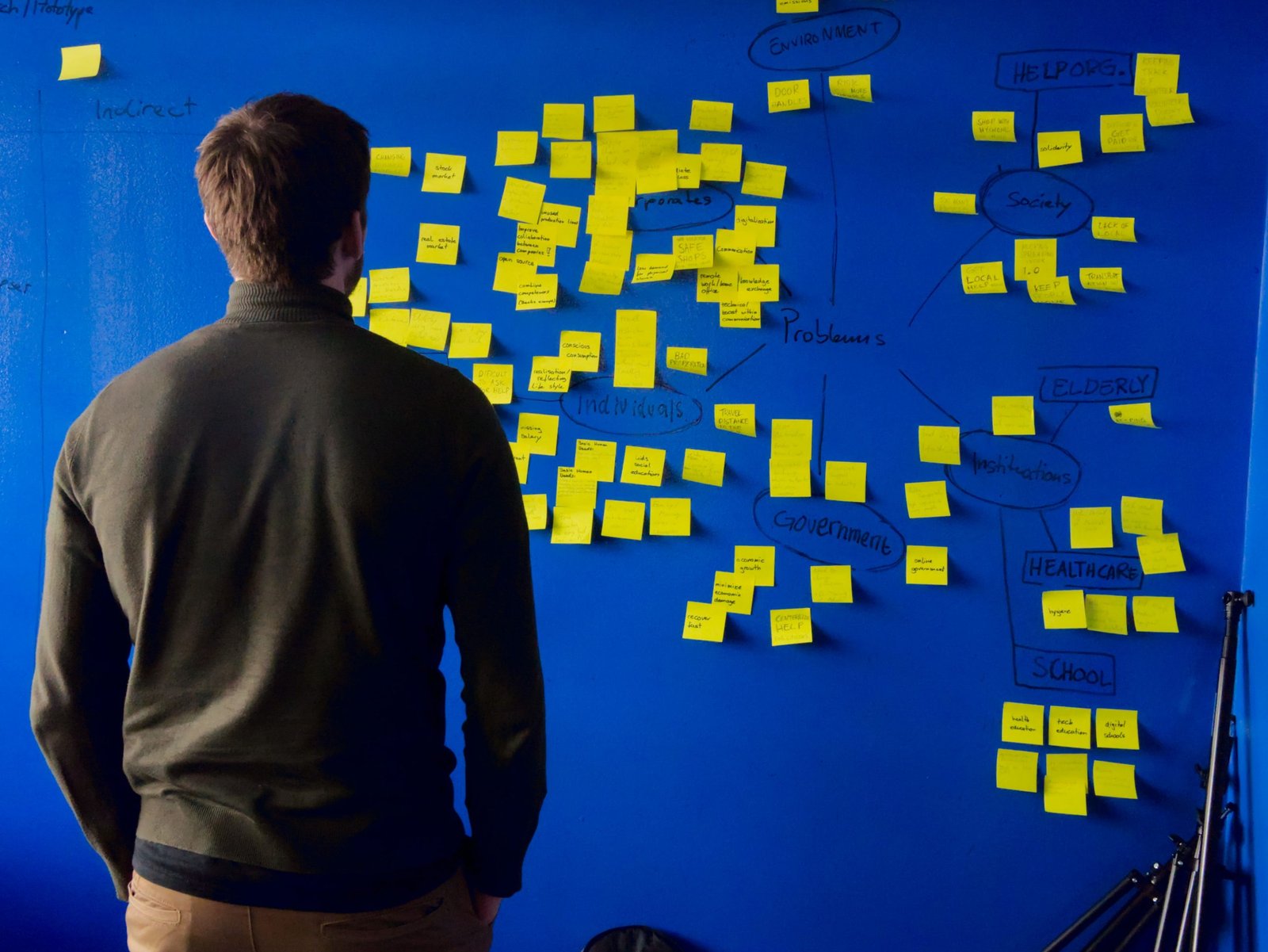To get potential investors on board with new projects, tech startups often have to justify their existence with some pretty ambitious mission statements.
Many of them end up claiming to want to make the world a better place. But we find that we can excuse such lofty statements fairly easily. After all, who wouldn’t want to think that their work is making a difference?

In any case, some startups have managed to back up the vision with some promising results. It’s just a matter of sifting through the claims and identifying the startups that are actually helping the world. Luckily, that’s something we were willing to do. With that in mind, we wanted to share some of the most impressive newcomers to the tech industry.
Tech Startups That Are Giving the World a Fighting Chance
The world we live in is plagued with a lot of problems we have to solve. But we’re working on it. You name it, someone is probably trying to fix it. Unfortunately, we couldn’t possibly highlight all those efforts in this one article. Having said that, we’re still going to mention some tech startups that are working to create the best software, hardware, and renewable resource solutions. These three areas in particular are showing a lot of progress. So without further ado, let’s talk about some startups!
Artificial Intelligence Programming
When thinking about the future, many people are afraid of software advancements like artificial intelligence. Whether it’s dystopian sci-fi movies like Terminator or prominent AI doomsayers like Elon Musk and other tech industry giants, we have been taught to fear this version of the future. But shouldn’t awareness of those concerns help us avoid unfavorable outcomes?
As it stands, artificial intelligence is sifting through user data collected through the various online services we use. The conclusions it draws don’t do much more than inform advertisers of their next move. It’s not particularly harmful to the planet or people as individuals — but it’s certainly not helping us either. Luckily, many tech companies are using artificial intelligence to improve the world. For example, IBM’s Watson is actively looking for cures for cancer, and Google’s Deepmind is providing better patient management systems. Of course, those two companies are hardly startups — so allow us to present some that are.

On the one hand, we have the American Swiss company SOPHiA Genetics, which is working on improving the process of providing medical diagnoses. But of course, AI can improve fields other than medicine. As an example, consider Spacemaker, a company that utilizes AI to develop eco-friendly infrastructure.
Personal Security Software
Lest we think that we have to relinquish our control to AI to improve the world, let’s remember that software engineering is applicable in many more industries. For example, we want to highlight the way software — and hardware — can make our immediate environment safer.
That’s how the Tego safety app came into being. The purpose of the app is to keep women — or anyone who feels unsafe — in contact with their loved ones. The app sends the user’s location to the people on their close friends list, allowing them to track the user through an app or even a desktop platform in real-time. If the user finds themselves in danger, they can alert their friends and family with the press of a button. In fact, that kind of technology can be useful in a professional setting as well. Wearable tech like a wireless panic button could greatly improve workplace safety standards on jobs that require people to work alone behind closed doors. For example, if a member of the cleaning staff at a hotel ever felt unsafe, they could get backup at the press of a button.
Sustainable Resources
As most people are aware by now, this planet can only produce a limited amount of resources. When it comes to fossil fuel energy and raw materials, resources are running out quickly.
As it happens, we already know several decent energy alternatives to fossil fuels. However, not many companies are offering green energy to consumers. That’s a gap in the market that UK-based company Bulb is looking to fill. The startup supplies energy from its renewable power generators straight to consumers — at a cheaper price point than fossil fuel providers!
On the other hand, we have tech startups that are focusing on addressing the material scarcity crisis. Take, for example, the Monolite project by Enrico Dini. The UK-based company offers a healing balm to the constant drain the construction industry is putting on the planet’s resources.

Namely, the project asks us to imagine a construction site that would use the D-Shape 3D printing machine to bind layers of sand into a material similar to rock. On top of that, the company has already demonstrated the power of this tech to 3D print a steel bridge in Amsterdam.
Biotech Startups
Lastly, we wanted to mention some biotech startups that are looking at ways to reproduce and replace certain animal products. Modern Meadow is doing so by using living cells to grow collagen and assemble it into sheet material. By tanning the resulting material, the company produced the world’s first bio-fabricated leather.
Along similar lines, a recent paper in the journal Nature Communications unveiled a new way of constructing incredibly strong fibers out of muscle fiber. But don’t worry — this material is completely vegan too. The researchers behind the paper used microbes to replicate the structure of one of the largest and most durable proteins found in nature — titin.
Needless to say, this news will have a huge impact on the scientific community. And since the resulting fiber was produced by engineered microbes, it will be a renewable and therefore sustainable resource!
Educational Technology
The tech startups we have mentioned are doing excellent work — but it’s all for naught if we’re not educating the next generation of STEM workers at the same time! So for our last category of startups, we wanted to mention some startups that are trying to do just that.
First, we have several companies that are developing software to help kids learn. NutSpace aims to help kids develop language and listening skills, as well as independent thinking and imagination all from the comfort of their classrooms. Then, for at-home learning, we have Labster, which allows high school students to complete lab experiments online. But what about providing a tech education to people whose primary education failed them? Well, some startups are doing their best to bridge that gap too. For example, one company is focusing its efforts on training software developers in Kenya and Nigeria.
Upon completion of their programs, the company even matches participants with remote positions at international companies, like Microsoft and IBM. So hopefully, one of those students will think of a way to improve their own surroundings through technology, too!






